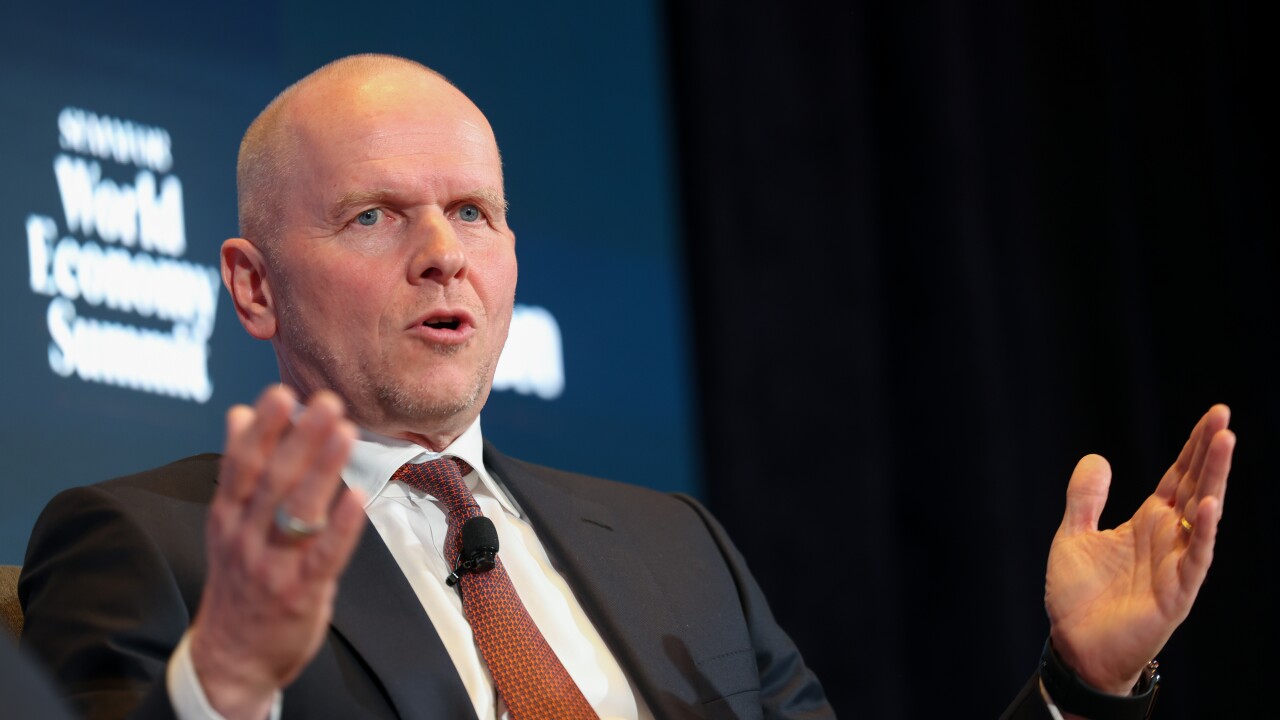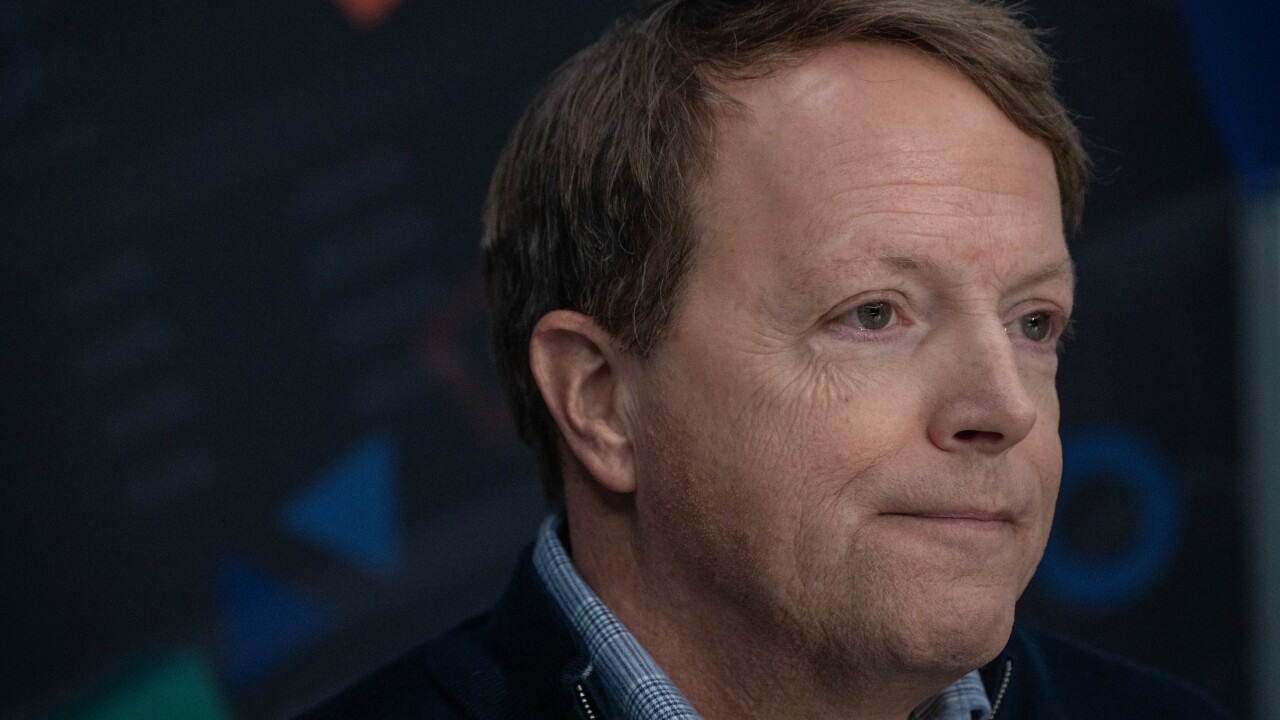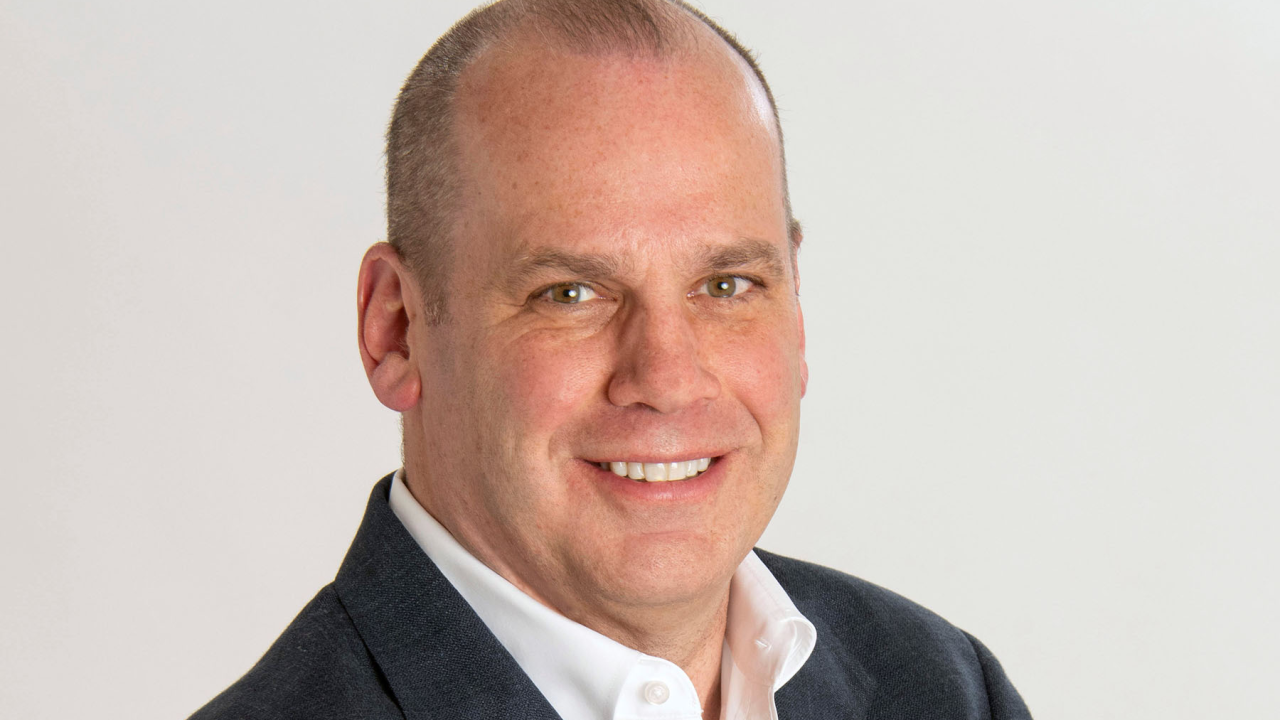Facebook's IPO will be the largest in history. With 845 million active users it has a greater reach than all but a handful of enterprises such as Google, MasterCard and Visa.
Expectations of sustained sizzling growth and rich margins suggest it may be valued close to $100 billion. Investors would be valuing each dollar of Facebook revenue a whopping 5.4 times more than a dollar of Google revenue and 3.4 times more than a dollar of Visa revenue.
Facebook's business is based on advertising and retail payments, both employing asymmetric pricing.
Online advertising provided 85% of its $3.7 billion 2011 revenue. Sellers advertising, not buyers, pay.
Facebook Credits, its payments business, makes up 15% of the social network gorilla's revenue, and it is growing more rapidly than active users and advertising. Sellers, principally online gaming sites, pay fees, not consumers. Operating margins are north of 90%.
Interactive-game merchants on Facebook pay 30% discount fees, fifteen-fold higher than fees merchants complain about from competing traditional retail-payment-card networks.
Its juicy payment fees aren't surprising. When networks control customer access, they command supracompetitive pricing.
Mobile-phone operators collect 20 to 50% for digital goods with zero marginal cost such as ring tones and games sold within their networks. Bill-to-carrier Boku, Mobipay, Payfone and PaymentOne charge 12 to 18%.
Facebook limits payments competition within its network. Can it do more with its payments platform?
Achieving retail-payment-network critical mass is difficult, but once obtained powerful network effects kick in. Though new payment systems succeed in niches, most general-purpose payment ventures fail.
Notwithstanding its reach, resources and enterprising zeal Google, to date, has had limited payments success. Card-based Revolution Money, Debit Man, and Mondex, and e-commerce-focused Beenz, DigiCash, CyberCash, First Virtual, Flooz, eCharge, and Bling Nation all hit the skids.
The few successful new payment networks took advantage of particular circumstances giving them in a running start.
E-commerce payment phenomenon PayPal satisfied a critical payments need within proprietary e-auctions, which were neglected by traditional card networks. It built subscriber mass there, expanded across the general e-commerce market, and is now attempting to penetrate the physical point of sale, which still makes up 95% of retail payments.
Competition between Amex, Discover, MasterCard, PayPal and Visa in the U.S. and globally is fierce and intensifying. What would Facebook's angle be if it aspired to build a broader payments business?
With hundreds of millions of potential Facebook Credit buyers it has ample reach and spend dispersal. Payments however are concentrated in one merchant: Zynga — a client, not a franchise. Can it incent a broader spectrum of merchants to accept Facebook Credits and users to spend and transfer money?
Facebook could follow PayPal's path, building share in a niche where dominant retail payment systems have trouble competing, expanding beyond Zynga and games to adjacent electronic and mobile commerce markets, and go to the physical point-of-sale.
Even with its vast network and embryonic payment system, taking on established retail payment giants would be challenging. They work well. In payments consumers and merchants are creatures of habit.
Facebook's prospectus doesn't spell out its payments ambitions. CEO Mark Zuckerberg owes prospective investors more, as it bears on the merits of a stratospheric valuation.
Eric Grover is a partner at Intrepid Ventures in Minden, Nevada.




